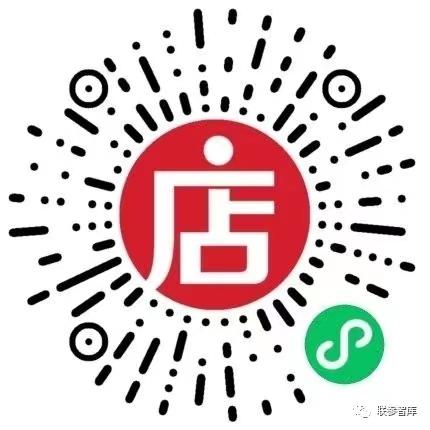 [20160107]IF10344_ 中国的户口制度:概述、改革和经济影响 .pdf
[20160107]IF10344_ 中国的户口制度:概述、改革和经济影响 .pdf
https:/crsreports.congress.gov Updated January 7, 2016 Chinas Hukou System: Overview, Reform, and Economic Implications What Is Hukou? First introduced in 1951, the Chinese hukou (household registration) system is a categorization of its citizens based on both their place of residence (living in urban/rural areas) and eligibility for certain socioeconomic benefits (agriculture/non-agriculture). Hukou is issued through a process administered by local authorities and solidified into inheritable social identities that especially limits the mobility of Chinese laborers. Why Did China Impose a Hukou System? The Chinese government imposed the system to regulate population distribution, especially in large cities. Since economic reforms started in 1979, hundreds of millions of people have migrated from their home towns to work in urban areas, such as Shanghai. The number of rural laborers working in Chinas cities was 274 million in 2014, 36% of the total workforce. Although such workers are allowed to reside in the cities where they work, their job situations are often more difficult than those of holders of urban hukous (see Table 1), and they are generally denied access to social entit
展开阅读全文
- 特殊限制:
部分文档作品中含有的国旗、国徽等图片,仅作为作品整体效果示例展示,禁止商用。设计者仅对作品中独创性部分享有著作权。
- 关 键 词:
- 20160107 20160107IF10344_ 中国的户口制度:概述、改革和经济影响 IF10344_ 中国 户口 制度 概述 改革 经济 影响
 联参智库所有资源均是用户自行上传分享,仅供网友学习交流,未经上传用户书面授权,请勿作他用。
联参智库所有资源均是用户自行上传分享,仅供网友学习交流,未经上传用户书面授权,请勿作他用。
关于本文






![[19931229]93-1067_竞选资金改革:现行法律与H.R.第103届国会参众两院通过.pdf](https://www.lianhezuozhan.com/images/filetype/d_pdf.png) [19931229]93-1067_竞选资金改革:现行法律与H.R.第103届国会参众两院通过.pdf
[19931229]93-1067_竞选资金改革:现行法律与H.R.第103届国会参众两院通过.pdf
![[19810518]29618_关闭国会办公室:简要概述.pdf](/Images/s.gif)


